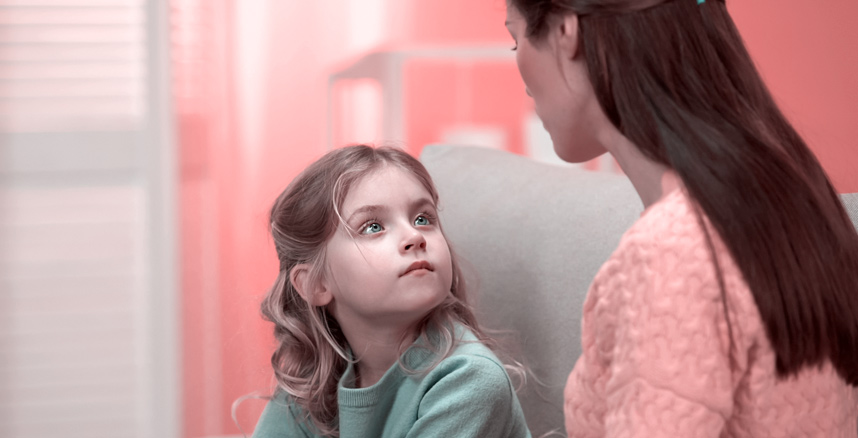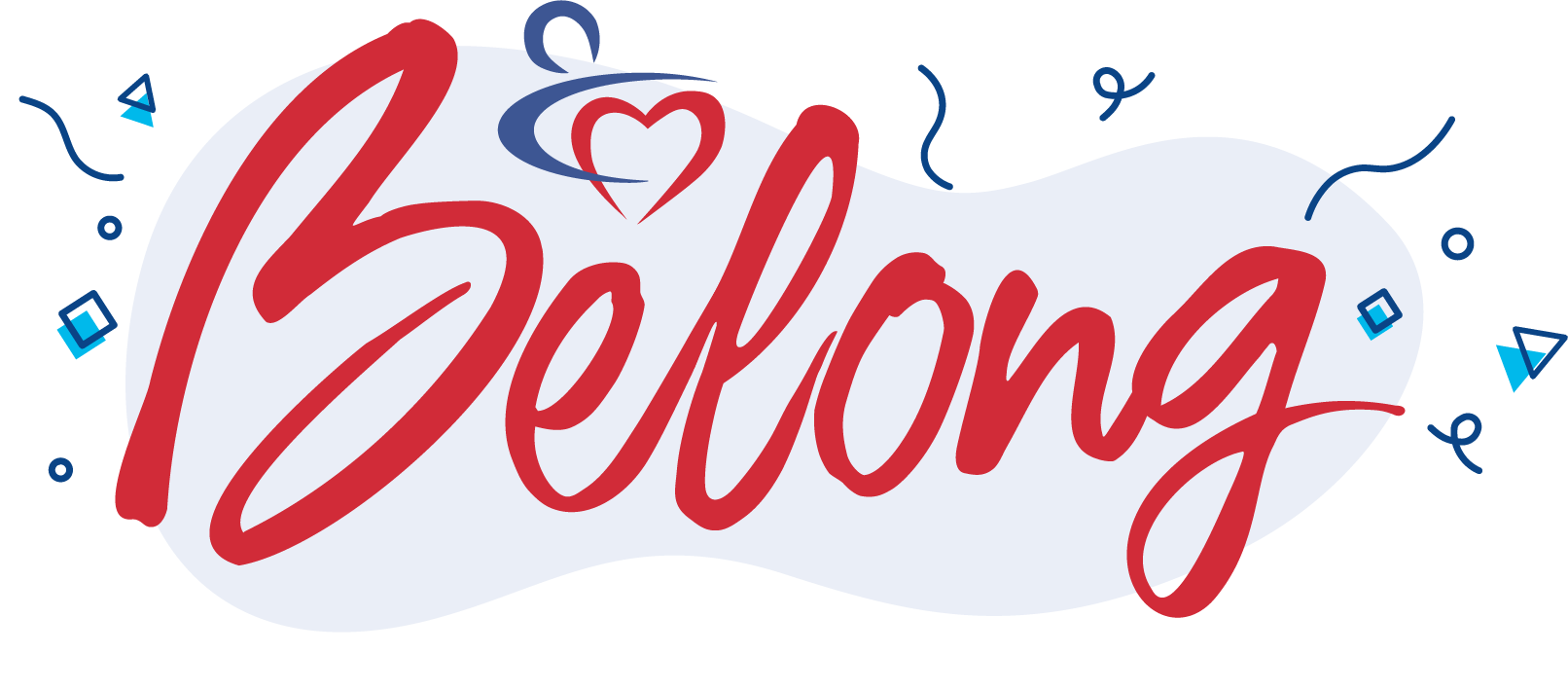Keep Track of Your Child’s Development

Are you concerned about your child’s development?
Make a difference for your child and act early on developmental concerns! If you notice developmental problems, don’t wait. You know your child best. Start participating in early intervention, which helps children improve their abilities and learn new skills.
What is Early Intervention?
Early intervention is a term used to describe services and support that help babies and toddlers with developmental delays and their families. This intervention may include speech therapy, physical therapy, and other services based on the child’s and family’s needs. It can significantly increase a child’s success in school and life.
Every state and territory has programs available for free or at a reduced cost for any child who meets the state’s criteria for developmental delay.
The connections in a baby’s brain, called neural circuits, are most adaptable in the first three years of life. They are the foundation for learning, behavior, and health. These connections become harder to change over time. A child can achieve their best potential when intervention begins sooner, and developmental delays can be detected.
Complete a Milestone Checklist for Your Child’s Age
If your child is not meeting certain milestones, or if you think there could be a problem with how your child plays, learns, speaks, acts, and moves, talk to your child’s doctor and share your concerns. Acting early can make a real difference!
Some examples of important milestones include:
- Age 2 months: Calms down when spoken to or picked up, seems happy to see you when you walk up to them, makes sounds other than crying, holds head up when on the stomach, moves both arms and both legs
- Age 6 months: Knows familiar people, likes to look at themself in a mirror, laughs, takes turns making sounds with you, puts things in their mouth to explore them, reaches to grab a toy they want
- Age 1 year: Plays games with you, like pat-a-cake, waves bye, calls a parent “mama” or “dada,” understands “no” (pauses briefly or stops when you say it), places something in a container, pulls up to stand, walks, holding on to furniture
- Age 2 years: Sees when others are hurt or upset, looks at your face to see how to react in a new situation, says two words together, tries to use switches, knobs, or buttons on a toy, plays with more than one toy at the same time, like putting toy food on a toy plate, runs, walks (not climbs) up a few stairs with or without help
- Age 3 years: Calms down within 10 minutes after you leave him or her, notices other children and joins them to play, talks with you in conversation using at least two back-and-forth exchanges, asks “who,” “what,” “where,” or “why” questions, like “Where is mommy/daddy,” puts on some clothes, uses a fork
- Age 4 years: Asks to play with children if none are around, comforts others who are hurt or sad, avoids danger, says sentences with four or more words, says some words from a song, story, or nursery rhyme, holds crayon or pencil between fingers and thumb
- Age 5 years: Follows rules or takes turns when playing games with other children, sings, dances, or acts for you, answers simple questions about a book or story after you read or tell it, keeps a conversation going with more than three back-and-forth exchanges, counts to 10, writes some letters in their name, hops on one foot
For more milestone information, please visit https://www.cdc.gov/ncbddd/actearly/milestones/index.html.

Effective Parenting Practices
These are some key ways that parents can support their child’s healthy development:
- Responding to children in a predictable way
- Showing warmth and sensitivity
- Having routines and household rules
- Sharing books and talking with children
- Supporting health and safety
- Using appropriate discipline without harshness
Parents who use these practices can help their children stay healthy, safe, and successful in many emotional, behavioral, cognitive, and social areas.
How to Help your Child
The first step toward getting help for your child is talking to their doctor. Don’t wait if you are concerned about your child’s development.
Take the following steps to help your child:
- Make an appointment with your child’s doctor
- Tell the doctor’s staff that you would like to discuss your child’s development with the doctor when you make an appointment.
- Complete a milestone checklist
- Complete a milestone checklist before the appointment by downloading CDC’s free Milestone Tracker mobile app from the App Store or Google Play or printing a paper checklist from www.cdc.gov/Milestones. Take your questions or concerns with you to the doctor’s appointment.
- During the doctor’s appointment
- Show the doctor the completed milestone checklist
- Point out your child’s missed milestones and share any other concerns.
- Tell the doctor about other concerns, even if your child is not missing milestones.
- Ask the doctor for a developmental screening for your child
- Developmental screening is recommended whenever there is a concern.
- For more information about developmental screening, visit www.cdc.gov/DevScreening.
- If your child needs further developmental evaluation, ask for a referral and call right away.
● Make sure you understand the doctor’s evaluation and what to do next.
○ Before leaving the appointment, check the notes you have written and ensure all your questions have been answered.
○ If you do not understand something, ask the doctor to explain it again or differently.
○ Review your notes and follow the doctor’s steps when you get home. The doctor’s office is always available if you have any questions.Sources:
https://www.cdc.gov/ncbddd/childdevelopment/facts.html
https://www.cdc.gov/ncbddd/actearly/concerned.html
https://www.cdc.gov/ncbddd/actearly/pdf/FULL-LIST-CDC_LTSAE-Checklists2021_Eng_FNL2_508.pdf
- Show the doctor the completed milestone checklist
